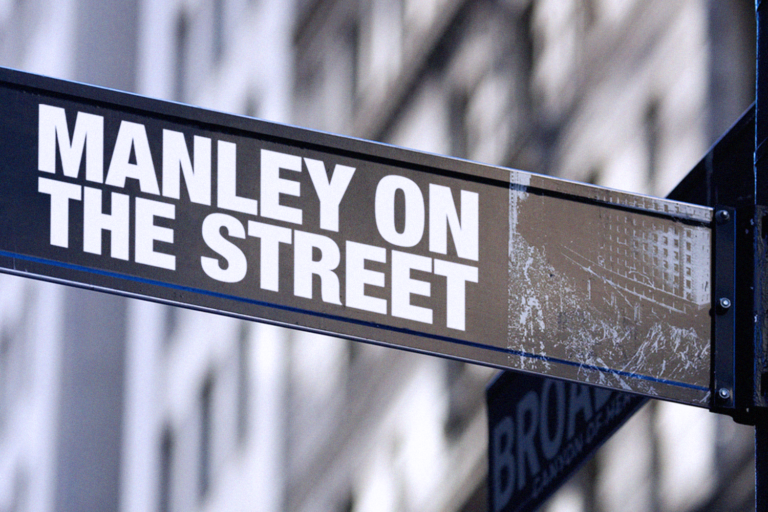For bull markets, time is relative
by John Manley, CFA, Wells Fargo Asset Management
“I can’t tell you how encouraging a thing like this is.” —Ruth Gordon (on accepting the 1969 Academy Award for best supporting actress at the age of 72, after 50 years in show business)
“Time flies when you’re having fun.”
The current bull market in equities has been going on for some time now, and some think that it’s beginning to show its age. In March 2009, the S&P 500 Index almost touched 666 points. In the summer of 2011, it came close to a 20% correction but, on a closing basis, not quite. Since then, there have been a number of micro-panics but only one 10-percenter and nothing close to a 20% correction. So, depending on how much of a purist you are on these things, we are either five- or six-and-a-half years into what’s been, so far, a pretty spectacular rise in stocks.
Despite all of the ink expended on this, I don’t think that either number really matters that much. Time is devilishly hard to define. We know what time is; we can measure it with great precision and now define a second as a function of the number of vibrations of a certain atom. I think there is a lesson in that: Time is somehow linked to movement or change. In a universe where nothing moves, time would either stop or become undefined. We should look at market cycles in terms of change. Units such as days, months, or years matter only in regard to that change. Sometimes things happen quickly; sometimes it takes longer. It’s the change itself that matters for markets, not the amount of time that change takes.
Bull markets usually start in the midst of economic and market ruination. The central bank typically attempts to remedy economic malaise by pushing money toward it. In turn, that money flows through the capital markets on the way there and tends to push up stock prices (even while bad news still catches the headlines). How long does that push last? How long does it have to last?! Central banks don’t often run out of money, and they never want to capitulate. They push until it works, and then they let the economy run on its own. Just like a person in an automobile, they don’t take the key out of the ignition as soon as the engine starts; they let it run for a while.
I think two things can end bull markets:
- First, the central bank begins to sense inflation and moves to pull money out of the economy (and the capital markets). This usually occurs after an extended period of growth has begun to produce clear signs of inflation.
- Second—and much less frequently—the central bank loses control and the economy begins to deflate. I would suspect that before this occurs, a wall of money would be deployed to avoid it.
I just don’t see either situation happening at the current time, nor do I see the excesses. What I do see is a lot of worried people, although their sentiment feels more like skepticism than euphoria to me. Equity valuations (price/earnings on forward earnings) seem mediocre by historical standards and quite reasonable, if those standards are adjusted for remarkably low interest rates.
I just don’t think the time is right to sell.
Copyright © Wells Fargo Asset Management














